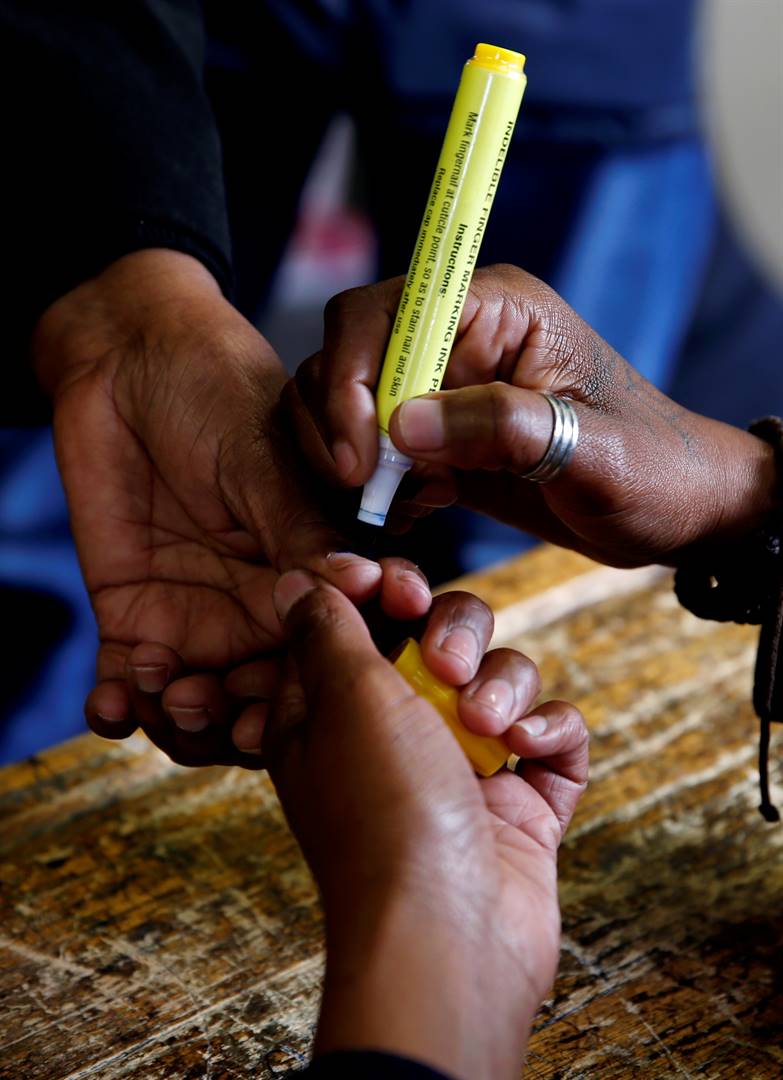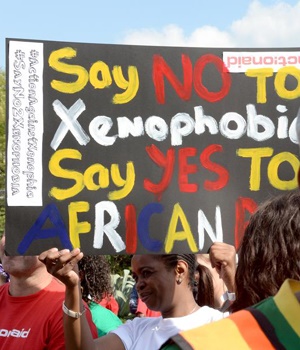
The frosty winds of the next provincial elections are starting to blow, and these will be President Cyril Ramaphosa’s big test as party leader and president of the republic.
An election, like all tests, is a culmination of many prior events, such as preparation, internal fightsand scandals, even factors that are beyond human control, such as the weather.
Good strategists understand that people do not live in a laboratory where conditions can be controlled.
So they try to simulate as many scenarios as possible and then whittle them down to two, which is the discipline of the craft and the constant that one needs in an unpredictable environment.
History is an important ingredient of scenario-planning because we learn about the forces that are most likely to lead to a particular scenario.
Our country is choking from the vice-grip of winner-takes-all politics and because there are no winners, investors are fleeing, the currency is weakening, business is becoming tougher, unemployment is rising, and so the cycle of negativity is feeding on itself.
When people are hungry, especially young men, it is easy to mobilise them for violence, as we saw with the recent wave of xenophobic violence.
If we cast our gaze a little further into history, scenario-planning suggests that we must brace ourselves for a period of increased turmoil. Riots are children of economic crises. In South Africa we have sanitised riots and now call them “service delivery protests” but that only helps to conceal the truth, which we need to know, if we are to build a better society for all.
Contrary to common belief, South Africa has always been part of the global economy. It is not a new phenomenon. After Impi YamaBhunu naMangisi, which is now called the South African War, the British government was broke and so it introduced the Poll Tax, which was translated as intela yamakhanda, meaning “a tax you pay for owning a head”. Bambatha mobilised young men around that issue to fight against the then British government which led to the famous Bambatha Rebellion.
Eight years later World War 1 broke out. At first the economy of Great Britain grew by 7%, but it footed the bill of most of its allies, including France and Russia, and so it went bankrupt, borrowing $4 billion from the US.
As the post-war recession set in, gold prices finally collapsed in 1920. The mine bosses retrenched 10 000 white miners and thousands more black workers. They then removed the colour bar so they could replace the white workers with cheaper black labour. The then leader of the Communist Party of SA, William Andrews, commonly known as Comrade Bill, organised a whites-only strike under the slogan, Workers of the world unite to keep South Africa white.
The 1959 riots were an exception. They were a result of a stupid government taunting a lion with cruel pass laws and the evil Bantu education. In the 1960s, when the apartheid South African economy was pumping, there were no riots, even though the leaders of the struggle were either in prison or exile. It was easier for the Soweto Class of 1976 to garner support from adults because many were out of work, following the 1973 Opec Oil Shock.
The early 1980s brought the global recession which made it easier for the liberation movement to organise the big push leading to its unbanning and the current negotiated settlement.
In democratic South Africa the pattern has continued, as evidenced by the recent xenophobic violence and the racial vitriol that has engulfed the country in this tough economic environment.
Unless there is a change of heart or a change of people, and the economy performs, the next provincial elections will be fought in a climate of violence.
The time to make changes is now.
Kuzwayo is the founder of Ignitive, an advertising agency
 | ||||||||||||||||||||||||||
Get in touchCity Press | ||||||||||||||||||||||||||
| ||||||||||||||||||||||||||
| Rise above the clutter | Choose your news | City Press in your inbox | ||||||||||||||||||||||||||
| City Press is an agenda-setting South African news brand that publishes across platforms. Its flagship print edition is distributed on a Sunday. |




 Publications
Publications
 Partners
Partners









